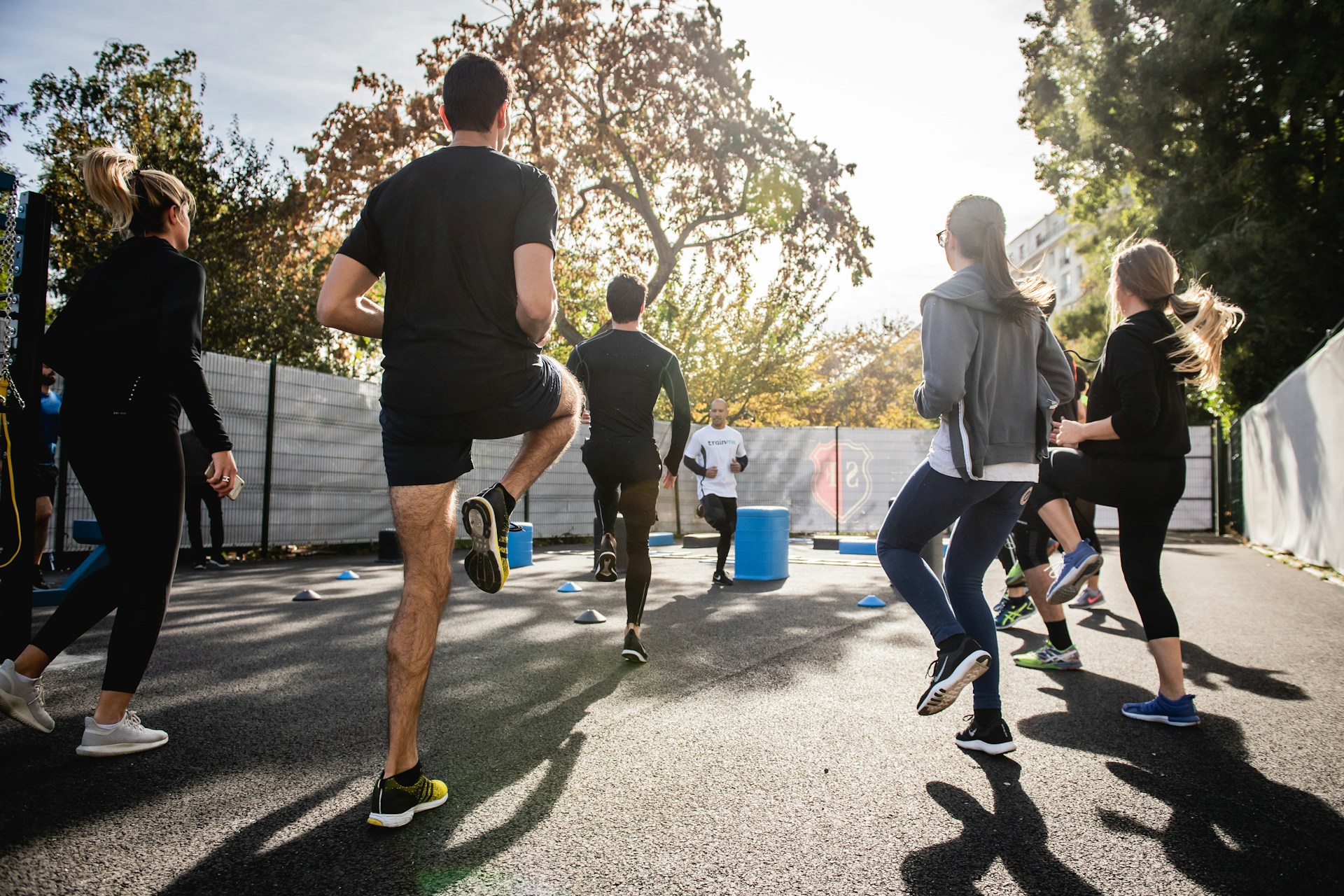Embarking on a fitness journey is a commendable commitment to your health and well-being. Whether your goal is to lose weight, build muscle, improve endurance, or simply live a more active lifestyle, starting out on the right foot is crucial. However, many people fall into common traps that can sabotage their progress or even cause injury. To help you succeed and stay motivated, here are 10 mistakes to avoid when beginning your fitness journey, along with tips to sidestep them.
1. Setting Unrealistic Expectations
One of the biggest mistakes beginners make is expecting quick, dramatic results. Weight loss, muscle gain, or enhanced fitness levels take time. Unrealistic goals can lead to frustration and disappointment.
How to avoid it:
Set SMART goals — Specific, Measurable, Achievable, Relevant, and Time-bound. Break large goals into smaller milestones and celebrate each success along the way. Remember, consistent effort over time yields lasting change.
2. Overtraining and Ignoring Rest
Excitement often drives new exercisers to push their bodies too hard. Overtraining without proper recovery increases injury risk and can lead to burnout.
How to avoid it:
Build rest days into your routine and listen to your body’s signals. Muscle growth and endurance improvements occur during recovery, not just during workouts. Aim for 7-9 hours of quality sleep per night to aid recovery.
3. Neglecting Warm-Ups and Cool-Downs
Skipping warm-ups or cool-downs is a common habit that compromises performance and increases injury risk.
How to avoid it:
Spend 5-10 minutes warming up with dynamic stretches or light cardio to increase blood flow and prepare muscles. After your workout, cool down with static stretches to improve flexibility and reduce soreness.
4. Focusing Solely on Cardio or Strength Training
Many beginners favor one form of exercise — often cardio for weight loss or strength for muscle gain — neglecting a balanced approach.
How to avoid it:
Incorporate both cardiovascular and strength training exercises into your regimen. Cardio promotes heart health and burns calories, while strength training builds muscle, boosts metabolism, and protects joints.
5. Poor Nutrition and Hydration
Exercise alone won’t get you far if your nutrition is lacking. Ignoring hydration or eating too little/too much can hinder progress and energy levels.
How to avoid it:
Fuel your body with whole foods rich in nutrients. Prioritize protein to support muscle repair, complex carbs for energy, and healthy fats for overall health. Drink water regularly, aiming for at least 8 cups a day, and more when working out intensely.
6. Using Incorrect Exercise Form
Improper form diminishes the effectiveness of workouts and significantly raises the chance of injury. Without guidance, beginners often develop bad habits.
How to avoid it:
Consider working with a certified trainer at the beginning to learn correct techniques. Use mirrors or record yourself to monitor form. Start with lighter weights to master movements before increasing intensity.
7. Skipping Strength Training
Many associate fitness with cardio and overlook strength training, which is critical for long-term health and body composition.
How to avoid it:
Include resistance exercises at least 2-3 times per week. Strength training increases muscle mass, strengthens bones, and improves metabolic rate, aiding in weight management and injury prevention.
8. Comparing Yourself to Others
In an age of social media, it’s easy to compare your progress to others, often leading to discouragement.
How to avoid it:
Remember that everyone’s fitness journey is unique. Focus on your own improvements and personal goals. Track your progress with measurable data like strength gains, endurance, or how you feel, not just appearance.
9. Neglecting Consistency Over Intensity
Going all out in one session but then skipping several workouts afterward is counterproductive. Sporadic bursts of effort don’t build lifelong fitness habits.
How to avoid it:
Prioritize consistency. Even moderate workouts done regularly beat infrequent intense sessions. Find an enjoyable routine that fits your lifestyle so you’re more likely to maintain it long term.
10. Forgetting to Set a Support System
Going it alone can make it difficult to stay motivated and accountable. Lack of support can also make setbacks harder to overcome.
How to avoid it:
Seek support from friends, family, fitness groups, or online communities. Partner up with a workout buddy or hire a coach for guidance and encouragement. Sharing your goals creates accountability and makes the journey more enjoyable.
Final Thoughts
Starting a fitness journey can be exciting but fraught with pitfalls that delay or derail progress. By avoiding these common mistakes—setting realistic goals, balancing workouts with recovery, emphasizing nutrition and good form, and fostering consistency and support—you set yourself up for sustainable success.
Remember, fitness is not a destination but a lifelong process. Small, mindful choices over time lead to big transformations. Stay patient, stay committed, and enjoy the journey to a healthier, stronger you.
Want to reach your fitness goals?
Level up your fitness journey with our free online journal! Track cardio, strength training, and flexibility. Set goals, visualise progress, stay motivated. Personalise, analyse, and connect with a supportive community. Elevate your workouts, achieve results!
Sign up now
